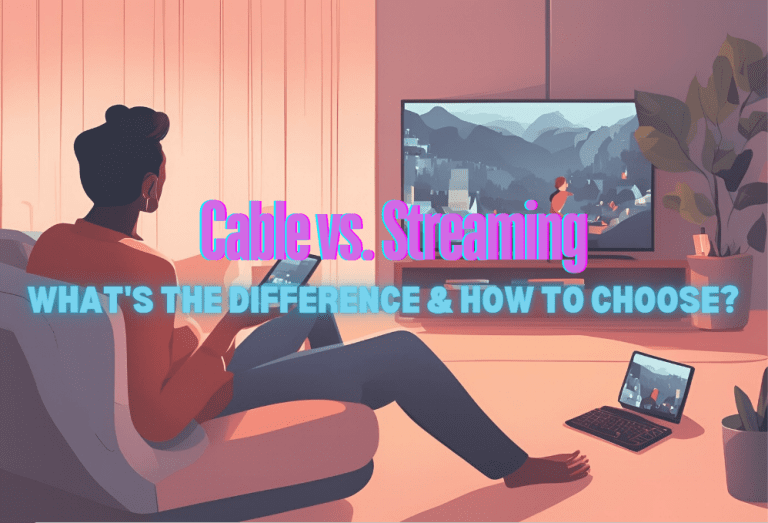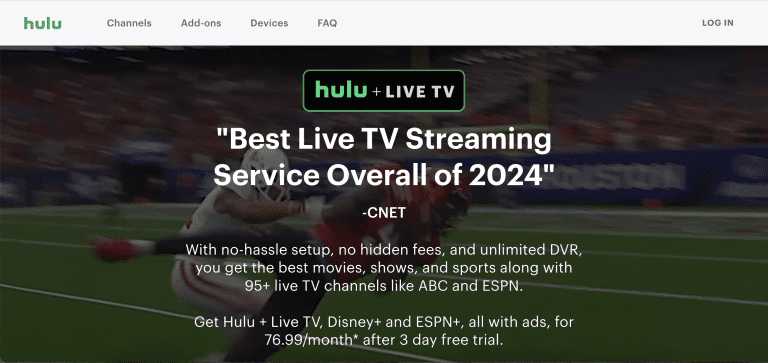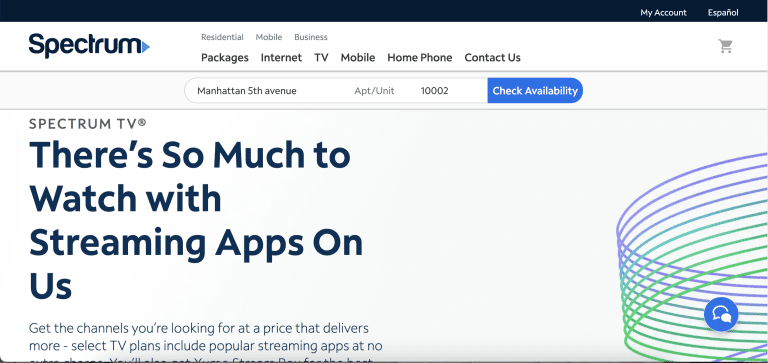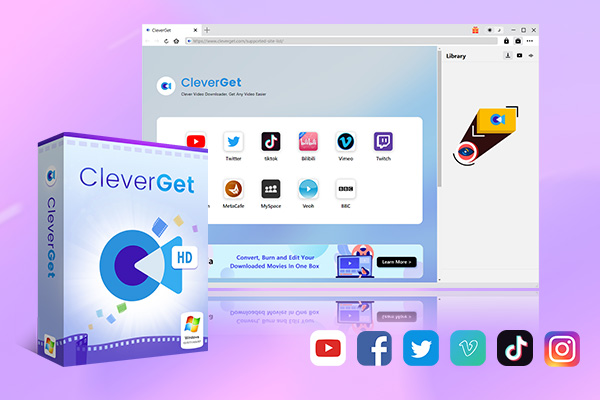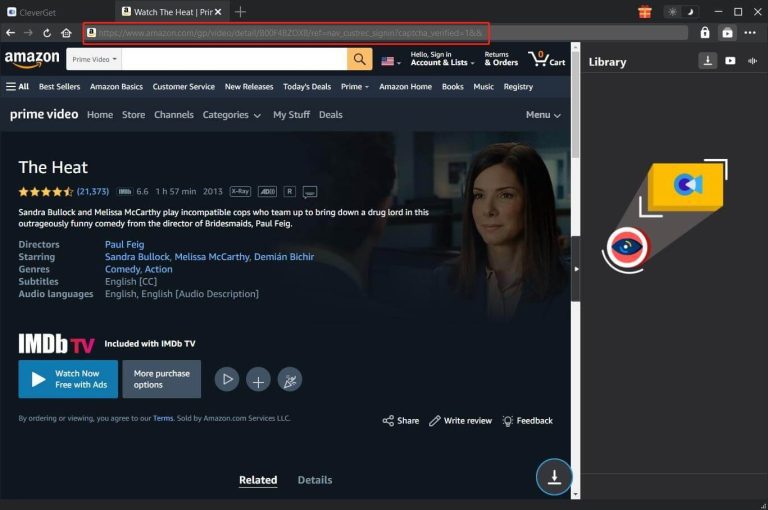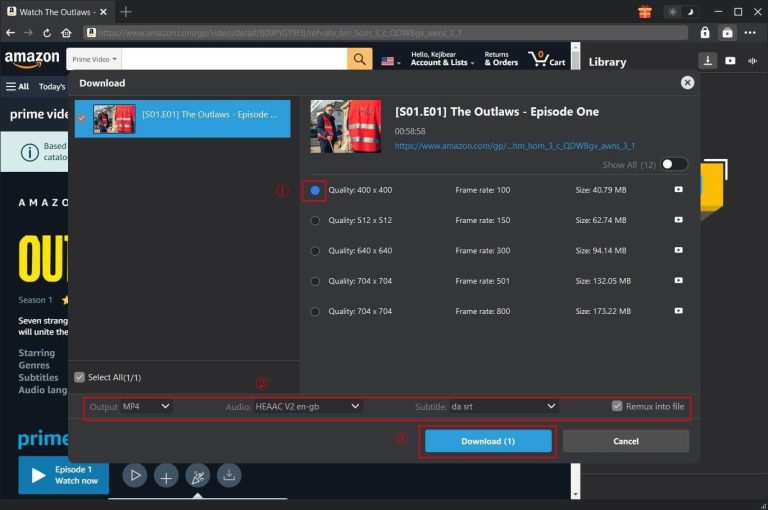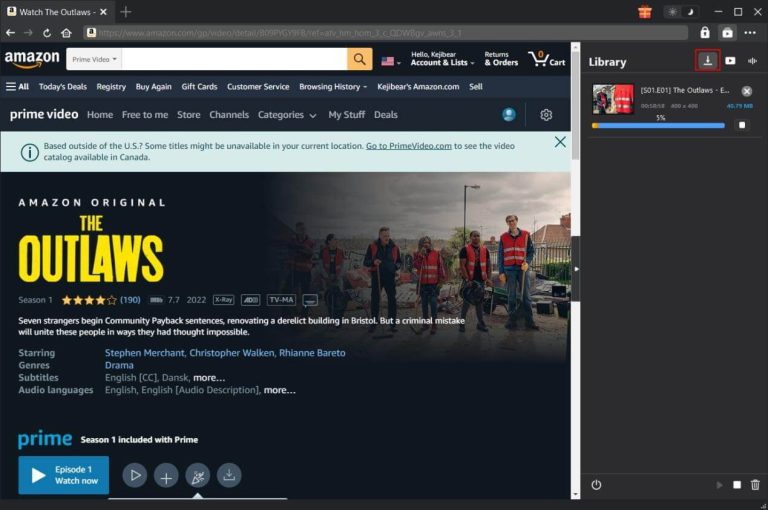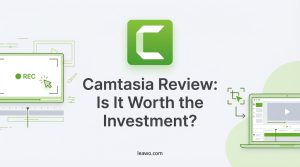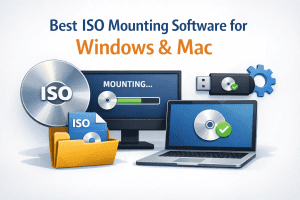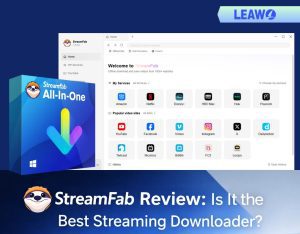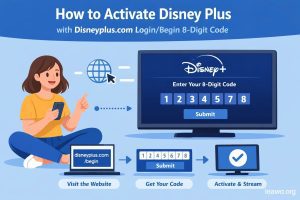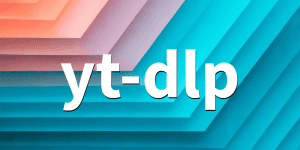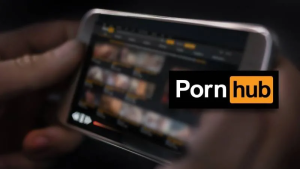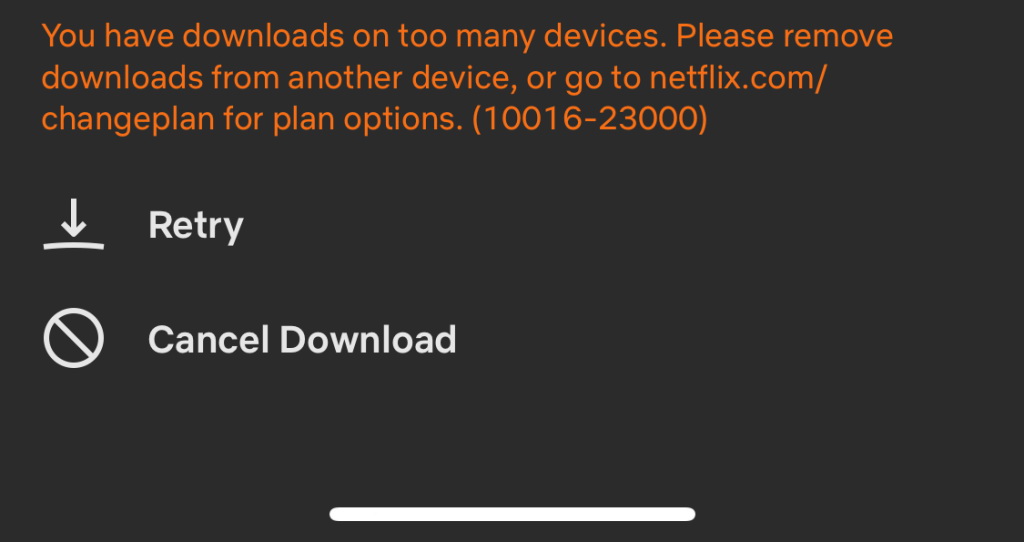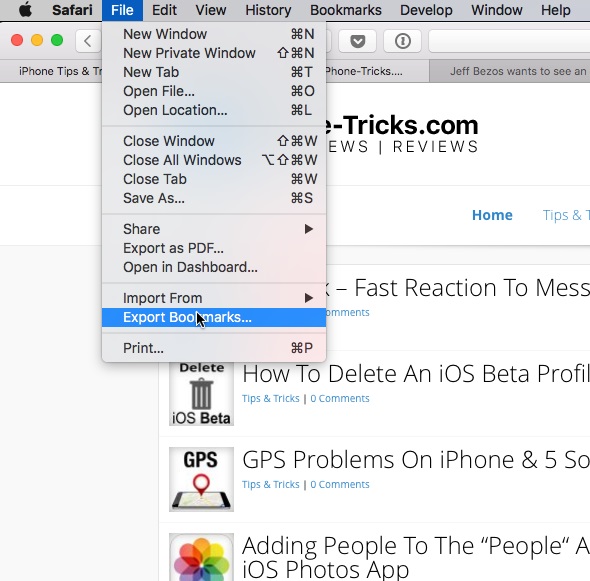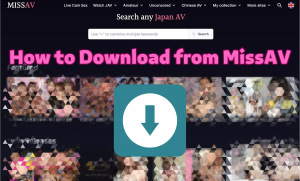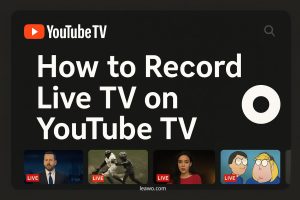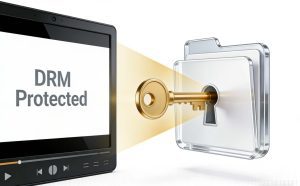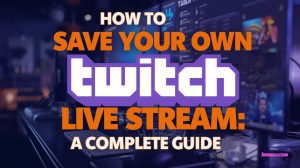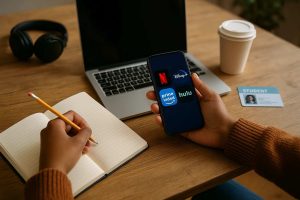In this era, streaming TV is more affordable and trendier, but is it better than cable? While both services deliver tons of TV programming and channels, there are distinctive differences in many ways. Let’s dive into the difference between streaming and cable to help you find the best option for entertainment.
OutlineCLOSE
Part 1: What’s the Difference Between Cable and Streaming?
Before digging into streaming services vs cable, let’s recap a brief history of both TV services.
First became available in the 1950s, cable television has been widely received worldwide with a broad audience for decades. In 2025, the number of pay-TV households is around 60 million, which declined from 105 million in 2010 in the US.
As a newcomer, streaming services took off in 2010 and quickly became the globally most popular method for video entertainment. Today, 99% of households subscribe to at least one or more streaming services in the U.S.
Why are streaming services taking over our daily lives while cable is losing ground? We’ll break down the differences between cable and streaming in several aspects.
Content selection:
Cable TV offers a range of channels for different interests. The number of channels you can get on cable TV depends on your provider and package. Basic cable packages offer about 50-100 channels, while premium packages can include hundreds or even thousands.
Streaming platforms offer lots of on-demand content and live TV channels. Streaming platforms have fewer channels than cable, but they include major networks like ABC, CBS, NBC, and ESPN. Many providers like Hulu and YouTube TV offer basic subscription plans that give you access to these networks. Streaming platforms should be enough for your daily needs unless you need local networks.
Pricing and contracts
Streaming services offer more flexibility and customization, so you can choose and pay only for the content you want. Just make sure your subscription plan has all your must-have channels to stream. Streaming subscription plans are typically paid monthly and some even offer free trials. If you are not satisfied with the content of the plans, you can cancel them easily online at any time.
Overall, cable TV can be more expensive than streaming services. That’s because cable providers typically offer channels in bundles, which means you have to pay for channels you don’t actually need to access the ones you need. In addition, many cable providers require long-term contracts with promotional pricing, which seems a real bargain in the first place. In fact, once you are locked into a specific plan, hidden fees and potential costs may arise. Additional features like DVR service are typically not free as well.
Viewing experience
The quality of the viewing experience is important. The two services have different merits and demerits because of their different transmission technology.
Streaming services are portable and mobile. You can stream on them anywhere on any compatible device with an internet connection. You can still watch streaming content abroad. Your viewing experience depends on the Internet quality. If your internet is slow, your streaming may be paused or buffered. Download content from streaming services for offline viewing.
Cable TV uses cables to send content to your TV, so it’s more stable than streaming. The picture quality is great. You won’t have any unexpected pauses or technical issues. You usually get a cable box from your cable TV provider, which lets you pause or rewind shows. Some offer a DVR so you can rewatch shows.
Service and provider availability:
There are currently hundreds of streaming service providers, in addition to well-known ones such as Netflix and Hulu, and numerous niche ones. These providers offer streaming services nationwide and even worldwide. So long as you have access to the Internet, you may watch on any one of them easily. Cable TV providers, on the other hand, are local. When choosing a cable TV provider, you really don’t have much of a choice, only a few are available in the market. You will also have to search for available providers in your area in advance.
Overall findings
|
Features |
Streaming Services |
Cable |
|
Content selection |
More customizable choices |
Higher channel counts |
|
Viewing experience |
Portable and mobile |
Reliable and high-quality |
|
Price |
A variety of price options from $6.99 to $89.99; free trial available |
Price ranging from $20 to $150 |
|
Contract |
Flexible |
Long-term and in-bundle |
|
Provider options |
Multiple |
Several |
|
Service availability |
Nationwide |
Local |
There are a few considerations when choosing cable between streaming. On top of that, there are two decisive circumstances. The first one to consider is your internet quality. If it is low quality in the first place, your streaming will be doomed to be buffering. The second one is there are too many network devices in your household, which will also result in streaming buffering. In that case, cable TV is your preferred option. Otherwise, why not give streaming services a shot? No extra equipment costs, simply a few clicks online, and you are good for a flexible and
personalized watching experience with a limited-time free trial. Even if you are unsatisfied with it, you can cancel it at any time and switch it to another provider.
Part 2: How to Download Content from Your Favorite Streaming Services
While you are at it, take a look at how content can be downloaded from a streaming service. You can easily save any video to your device for offline watching using Cleverget, a third-party downloader from streaming services, and many other video sites.
As one of the best video downloaders on the market, CleverGet All-In-One Downloader allows you to download videos from over 1000 streaming services like Netflix,
Amazon Prime Video, ESPN, Disney+, Hulu, Apple TV+, YouTube, Paramount+, Discovery+, even download porn from OnlyFans. It also offers a streaming video recorder to record videos not downloadable such as live sports and save them for offline viewing.
Here is how to download videos using CleverGet Downloader. Take Amazon Prime Video as an example.
Step 1. Download and install CleverGet Downloader

-
CleverGet All-In-One
– Enable users to download online videos/live streams from 1000+ sites easily at high speed.
– Download 8K video and 320 kbps audio without quality loss.
– Download TV series episodes of all/certain seasons at once.
– Save downloaded online videos to MP4/MKV/WEBM format.
Step 2. Access the target video URL
Copy and paste the Prime Video playback page in the address bar of the built-in browser. Or click the Prime Video icon on the navigation page and locate a video you’d like to download.
Step 3. Select download output options and download the videos
Once you hit play, a blue download icon appears at the bottom right corner. Click the icon and then select the download output settings. Click the "Download" button to start downloading the video.
Step 4. Check downloading process
Check the downloading process in the "Library" sidebar. You can find the video with subtitle files in the output folder.
Some live-streaming websites have adopted Digital rights management (DRM) for content protection. As a result, you can’t download their videos directly. Use the streaming video recorder instead. It works just the DVR service of cable TV. Here is how to use the REC feature:
Step 1. Access the target video link in the browser.
Step 2. Click the REC icon on the upper left corner and select the download output settings. Click the “Record" button to start recording the live-streaming video.
Part 3: Conclusion
This article gives a full comparison of cable vs. streaming. Cable TV prevails in streaming services primarily lying in the viewing experience. But with a strong internet connection, you can just as enjoy a smooth watch on streaming platforms. You can also download videos using Cleverget All-In-One Downloader and watch offline on any device anywhere.
